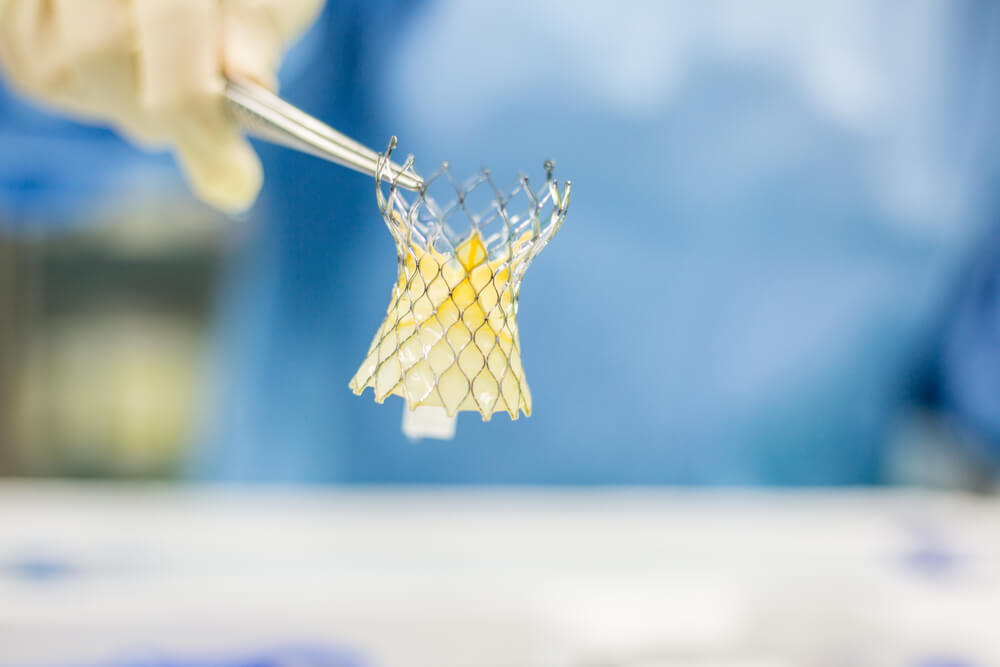Aortic heart valve replacement is a surgery wherein the doctor performs the aortic valve’s removal and is substituted by a mechanical valve or valve made of cow, pig, or human heart tissue. It is also okay to use some kind of biological tissue valve replacement that uses the pulmonary valve.
The natural tissue must be changed since it will sink over time. On the off chance that you have a mechanical valve, you’ll need to take blood-thinning medicines for the remainder of your life to forestall blood clumps. The physicians will talk about the risks and advantages of every valve type and discuss the correct valve for you.
It may be executed well by utilizing conventional open-heart medical procedures or methods that are negligibly obtrusive, involving smaller incisions than those used in open-heart medical procedures.


